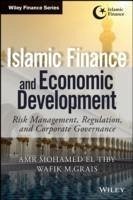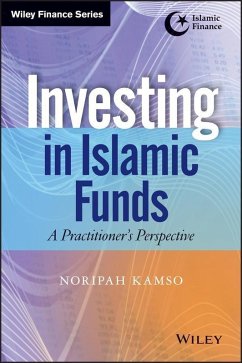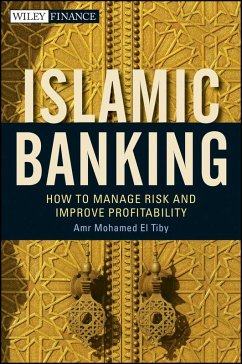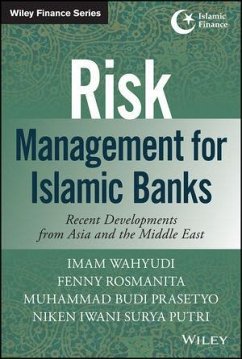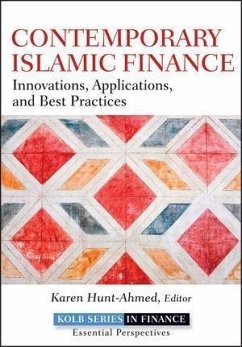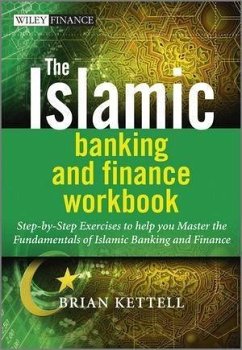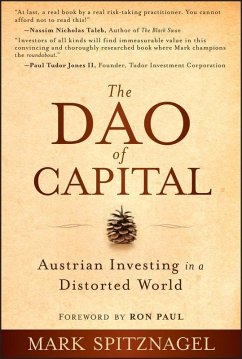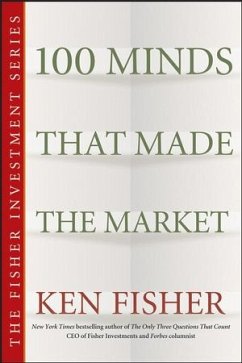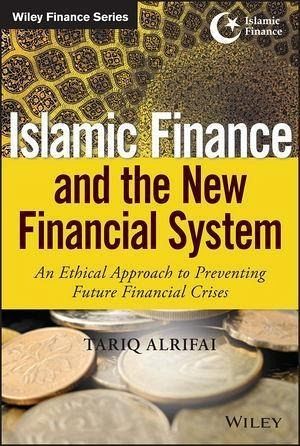
Islamic Finance and the New Financial System (eBook, ePUB)
An Ethical Approach to Preventing Future Financial Crises
Versandkostenfrei!
Sofort per Download lieferbar
46,99 €
inkl. MwSt.
Weitere Ausgaben:

PAYBACK Punkte
0 °P sammeln!
Can Islamic finance save the global system? Islamic Finance and the New Financial System describes how the adoption of Islamic finance principles in future regulatory decisions could help prevent future shocks in the global financial system. Using illustrations and examples to highlight key points in recent history, this book discusses the causes of financial crises, why they are becoming more frequent and increasingly severe, and how the new financial system will incorporate elements of Islamic finance - whether deliberately or not. With an introspective look at the system and an examination ...
Can Islamic finance save the global system? Islamic Finance and the New Financial System describes how the adoption of Islamic finance principles in future regulatory decisions could help prevent future shocks in the global financial system. Using illustrations and examples to highlight key points in recent history, this book discusses the causes of financial crises, why they are becoming more frequent and increasingly severe, and how the new financial system will incorporate elements of Islamic finance - whether deliberately or not. With an introspective look at the system and an examination of the misconceptions and deficiencies in theory vs. practice, readers will learn why Islamic finance has not been as influential as it should be on the larger global system. Solutions to these crises are thoroughly detailed, and the author puts forth a compelling argument about what can be expected in the future. Despite international intervention and global policy changes, the financial system remains in a fragile state. There is an argument to be made about integrating Islamic finance into the new system to facilitate stronger resilience, and this book explains the nuts and bolts of the idea while providing the reader with a general understanding of Islamic finance. * Understand the key principles of Islamic finance * Examine the history of the current financial system * Discover how Islamic finance can help build a new debt-free economy * Learn how Islamic finance theory doesn't always dictate practice Although Islamic finance is a growing market, it is still a foreign concept to many. Those within the Islamic finance circles wonder why the system has yet to gain broader appeal despite its ability to create a strong and well-balanced economy. Islamic Finance and the New Financial System provides clever analysis and historical background to put the issues into perspective.
Dieser Download kann aus rechtlichen Gründen nur mit Rechnungsadresse in A, B, BG, CY, CZ, D, DK, EW, E, FIN, F, GR, HR, H, IRL, I, LT, L, LR, M, NL, PL, P, R, S, SLO, SK ausgeliefert werden.



